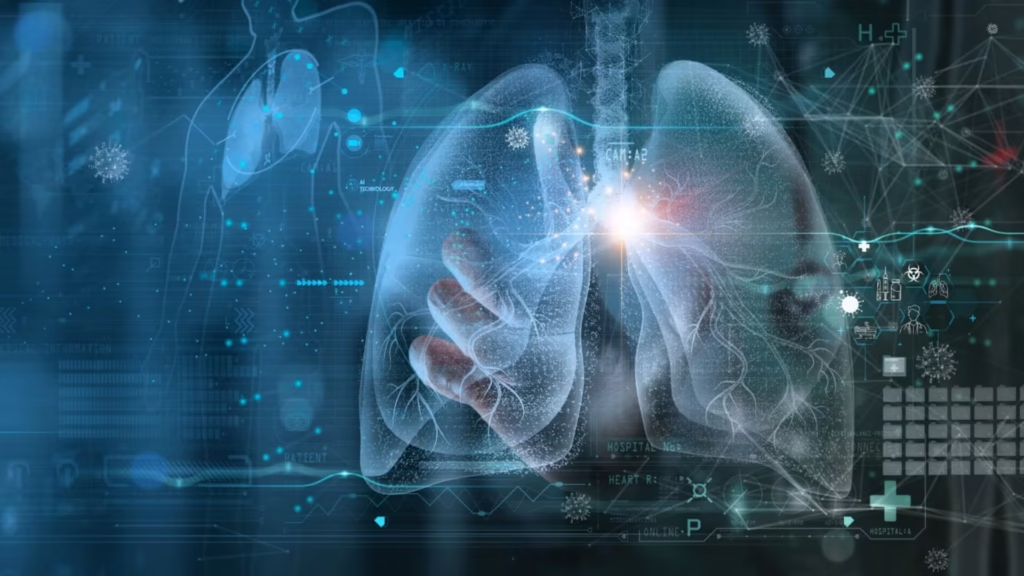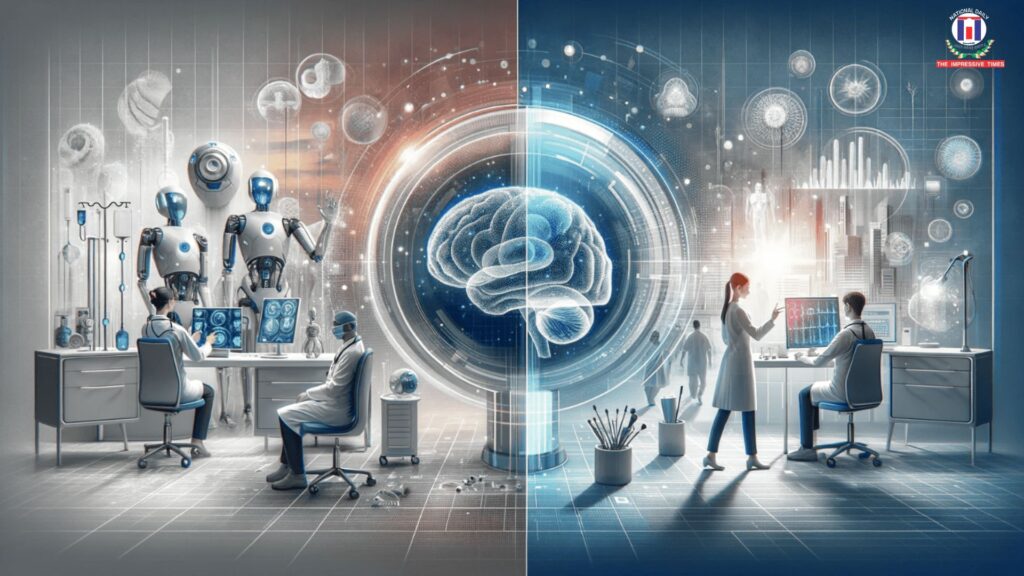How AI Is Revolutionizing Medicine
Introduction
In the Bloomberg Originals video “How AI is Revolutionizing Medicine”, we see that AI isn’t just a tool—it’s becoming the foundation for modern healthcare. From enhanced diagnostics to treatment personalization, AI is transforming not just what medicine can do, but how we think about health, disease, and care. As a cardiologist and data scientist at Yale put it, these changes are already visible: in chatbots and transcription, but also in models that detect signals invisible to the human eye.
1. AI as a Foundational Change in Medicine
AI is not an add-on—it’s rewriting the healthcare toolkit. Just as algebra reshaped mathematics, AI allows medicine to evolve:
-
Early detection of disease—via imaging, genomics, biomarkers—often before symptoms appear.
-
Diagnostics aided by machine learning that spot patterns humans might miss.
-
Treatment planning that considers patient data from many sources (history, lifestyle, genetics).
2. Key Areas Where AI is Impacting Medicine

| Area | How AI Makes a Difference |
|---|---|
| Diagnostics & Imaging | Algorithms can analyze X-rays, MRIs, CT scans faster and more accurately. Tiny anomalies like early tumors or micro-fractures can be detected earlier. |
| Predictive Medicine & Risk Assessment | Data from EHRs, wearables, genetic tests allow AI to forecast who is at risk of chronic illness, enabling preventative care. |
| Personalized Treatment | Treatment plans tailored based on a patient’s unique profile—genetics, lifestyle, response history. |
| Drug Discovery & Development | AI helps in screening compounds, predicting side effects, cutting drug-development time and cost. |
| Operational Efficiency | Automation of administrative tasks: records, billing, transcription, appointment scheduling, freeing doctors to focus on care. |
| Remote Monitoring & Virtual Assistants | Wearables + AI help monitor patients continuously; virtual assistants/chatbots provide support, reminders, triage. |
3. Real-World Impacts & Case Studies
-
MAI-DxO (Microsoft) claims that its diagnostic system is up to four times more accurate than human doctors in certain settings. WIRED
-
OpenEvidence: An AI platform analyzing peer-reviewed literature to help physicians access up-to-date studies and insights. Wikipedia
-
Emergency medicine improvements: AI tools now help predict which patients will need urgent intervention, speeding up decisions and reducing risk. arXiv
4. Challenges & Ethical Considerations
-
Data Privacy & Security: Protected health information must be handled securely; AI systems should comply with patient confidentiality laws.
-
Bias & Fairness: Training data needs to be diverse to avoid bias in algorithms.
-
Interpretability & Trust: Doctors and patients must understand how AI arrived at its decision. Black-box models can be problematic.
-
Regulation & Validation: Clinical trials, regulatory approvals, peer validation are crucial for safe usage.
-
Balancing Technology & Humanity: While AI helps scale and speed care, empathy, clinical judgement, patient-doctor relationships remain essential.
5. The Future: What’s Coming Next
-
More generative models that will help design treatments, simulate patient outcomes, optimize protocols.
-
AI-driven clinical trials with predictive analytics to reduce trial failures.
-
Proliferation of AI tools in low-resource settings, making high quality diagnosis & treatment more accessible.
-
Integration of AI with wearables & IoT to provide real-time, continuous health tracking & alerts.
Conclusion
AI is not a futuristic dream—it’s already revolutionizing medicine. It is fundamentally changing how doctors diagnose, treat, and even think about disease. At Pharmapedia, we see this shift as central to our mission: delivering accurate, timely drug information and medical resources powered by the latest tech. As AI continues to evolve, medicine will become more predictive, personalized, efficient—and humane



No comments yet.